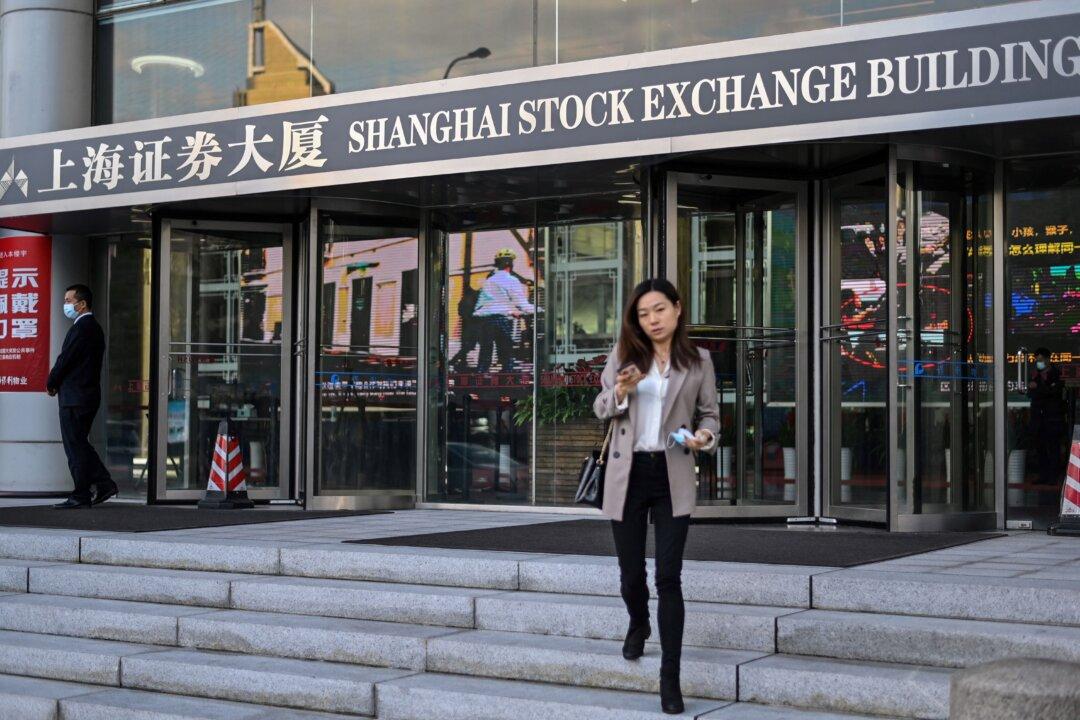International investment institutions are saying that the current valuation of China’s stock market is attractive just when the Chinese Communist Party (CCP) announced that it is establishing a stock valuation system with “Chinese characteristics.” Many believe that international financial institutions are expressing optimism about the Chinese stock market in order to attract buyers to enter the market to relieve the pressure they have been feeling.
CCP Introduces its Own Stock Valuation Theory
On Nov. 21, Yi Huiman, chairman of the China Securities Regulatory Commission (CSRC), said at the 2022 Financial Street Forum annual meeting that it is necessary to “explore the establishment of a stock valuation system with Chinese characteristics” and that the Chinese state-owned listed companies should be the ones to do it. Yi said that the valuation level directly reflects the market’s recognition of listed companies and that the market should recognize the value of state-owned listed companies. On Nov. 23, the CSRC issued a document stating that it would promote the use of the capital market for resource allocation and business integration by state-owned listed companies and that more assets should be placed in listed companies.On Dec. 2, the Shenzhen Stock Exchange and the Shanghai Stock Exchange issued a document stating that they would promote the return of the valuation of Chinese state-owned enterprises to a so-called “reasonable” level. At the same time, some international investment institutions said that the current valuation of China’s stock market is attractive and they are bullish on its long-term investment value.






